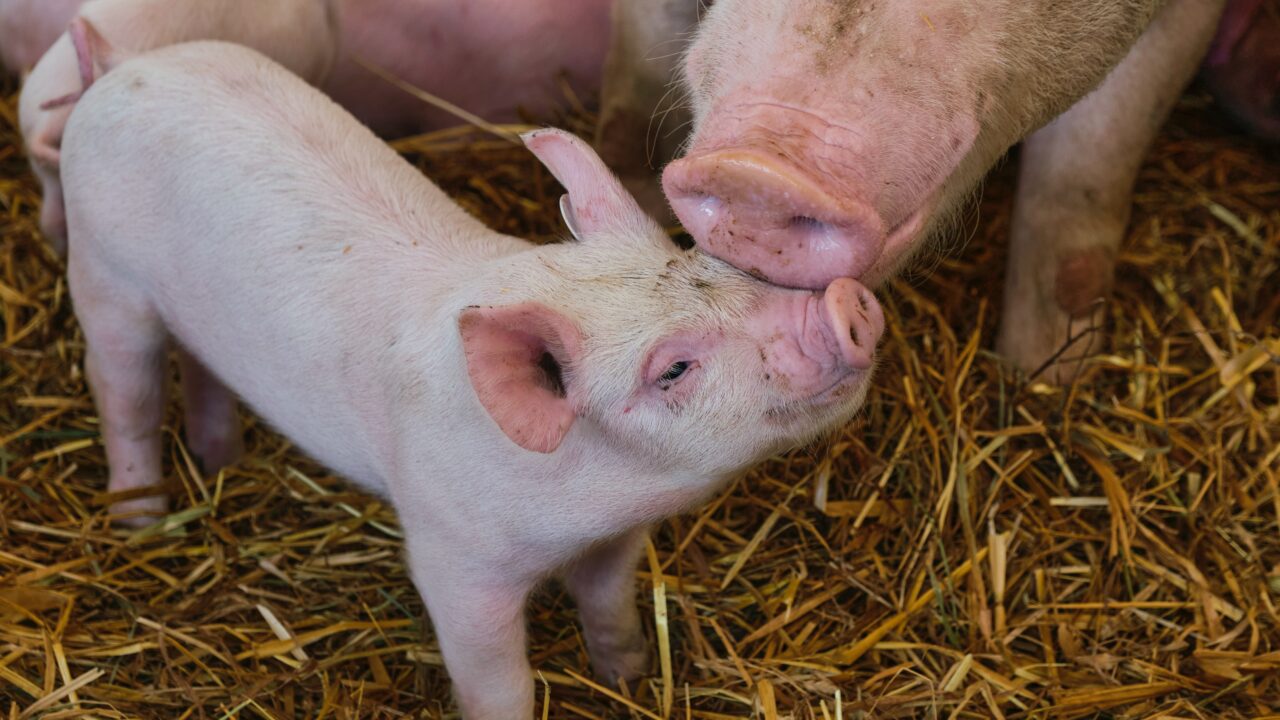A confirmed case of African Swine Fever (ASF) in Ireland would devastate the pig industry overnight, and an all-island approach is needed to prevent that, chair of the Irish Farmers’ Association (IFA) Pig Committee Roy Gallie has said.
Gallie made his comments to Agriland following another ASF outbreak in Europe this week, which will see tens of thousands of pigs culled in western Romania.
The country has become the latest in the EU to report confirmed cases, following incidences in Germany, Belgium and Italy, earlier this year.
The highly contagious disease was identified on a farm in Timis county, where 39,000 pigs are now set to be euthanised to contain the outbreak. Prefect for the region in Romania Mihai Ritivoiu said on Facebook:
“It is official, there is an outbreak in Timis. We must take measures to combat the spread of the disease.
“A priority is to protect two other farms, each with tens of thousands of pigs, located a few kilometers away.”
Ritivoiu also confirmed that the local authorities are engaging with the country’s food safety entities to decide what steps will be taken next.
African Swine Fever in Ireland
There has never been a confirmed case of the disease, which can cause huge economic losses due to its rapid transmission rate and the need to cull affected animals, in Ireland
Speaking about the possibility of it making its way into the country, Gallie stated that more needs to be done to reduce the risk of this happening.
“African Swine Fever is the foot and mouth disease of the pig industry,” he told Agriland.
“We need to secure this country from it coming in and having a porous border between us and the UK puts that at risk.
“Our pig industry would die overnight if African Swine Fever was detected here.
“We are an exporting nation, we export half of our meat out of the country and that would stop overnight.”
Gallie said that he believes it will be people that introduce the disease to Ireland, not necessarily animals, due to the lack of public awareness, which he said needs to be addressed.
“This can travel in on meat products which could accidentally be given to a pig,” he said.
“There are many farms that are open to the general public and have pigs that people can interact with.”
He added that while farmers and those in the agricultural industry understand what precautions need to be taken, including what you can and cannot feed to pigs, many members of the public do not.
“The effect on this country would be absolutely devastating and I cannot emphasise that enough,” he said.
